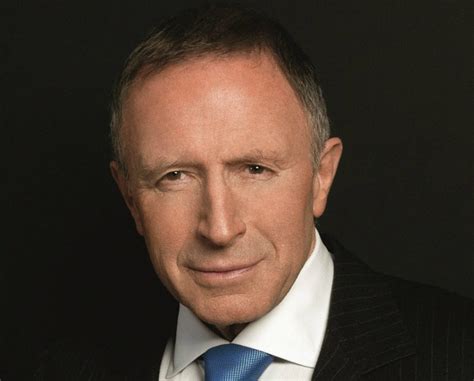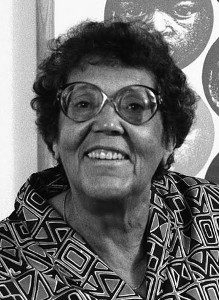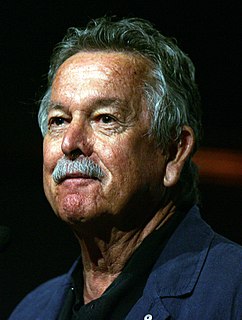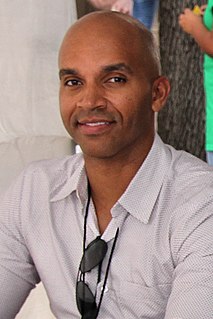A Quote by John Boorman
There are always forces at work in a society, certainly in America, which are really forces of censorship -either religious bodies or zealots who are always putting pressure on things, whether it's books or art or film. And all art is fundamentally subversive, because it upsets people's perceptions, their notions about society. Therefore, art is dangerous, but good art is always making us reassess our thoughts and feelings about how we relate to other people. There are always people who fear that and want to suppress that.
Quote Topics
About
Always
America
Art
Art Is
Because
Bodies
Books
Censorship
Certainly
Dangerous
Either
Fear
Feelings
Film
Forces
Fundamentally
Good
Good Art
How
Making
Notions
Other
Our
Our Thoughts
People
Perceptions
Pressure
Putting
Really
Relate
Religious
Society
Subversive
Suppress
Therefore
Things
Thoughts
Thoughts And Feelings
Us
Want
Whether
Which
Work
Related Quotes
All art is fundamentally subversive, because it upsets people's perceptions, their notions about society. Therefore, art is dangerous, but good art is always making us reassess our thoughts and feelings about how we relate to other people. There are always people who fear that and want to suppress that.
I think a lot of people are involved in art because of the fashion of art and the conversation. It gives them a certain sophistication, something to speak about. But art is, if it's conceptual, really about understanding the concept. And if it's beautiful, it's about seeing the beauty. It's gone much further than that now. There's too much commercialism attached to art. If the market cracks one day big-time, you'll frighten so many people away who will never come back. Because they don't really feel for art. People who buy art should want it because they love it, they want to enjoy it.
Our time and attention is scarce. Art is not that important to us, no matter what we might like to believe... Our love of art is often quite temporary, dependent upon our moods, and our love of art is subservient to our demand for a positive self image. How we look at art should account for those imperfections and work around them. Keep in mind that books, like art museums, are not always geared to the desires of the reader. Maybe we think we are supposed to like tough books, but are we? Who says? Many writers (and art museums) produce for quite a small subsample of the... public.
Some people flinch when you talk about art in the context of the needs of society thinking you are introducing something far too common for a discussion of art. Why should art have a purpose and a use? Art shouldn't be concerned with purpose and reason and need, they say. These are improper. But from the very beginning, it seems to me, stories have indeed been meant to be enjoyed, to appeal to that part of us which enjoys good form and good shape and good sound.
My definition of art has always been the same. It is about freedom of expression, a new way of communication. It is never about exhibiting in museums or about hanging it on the wall. Art should live in the heart of the people. Ordinary people should have the same ability to understand art as anybody else. I don’t think art is elite or mysterious. I don’t think anybody can separate art from politics. The intention to separate art from politics is itself a very political intention.
Art shouldn't be something that you go quietly into an art gallery and dip your forelock and say 'I have to be very quiet, I'm in here amongst the art.' It's here, art's everywhere. It's how you use your eyes. It's about the enjoyment of visual things. And it's certainly not for any one group of people.




































